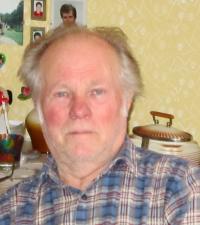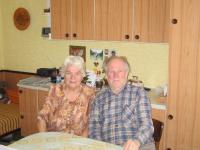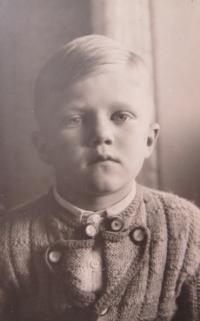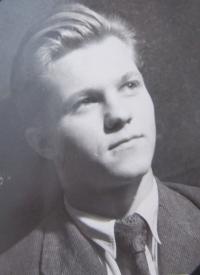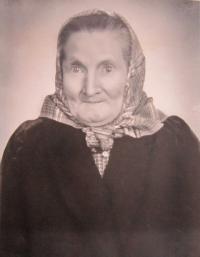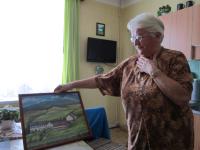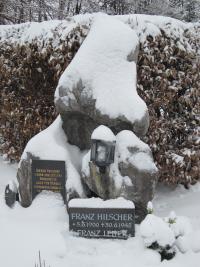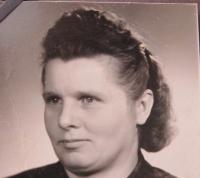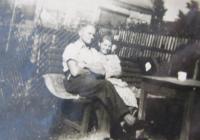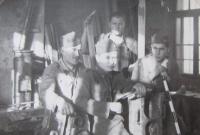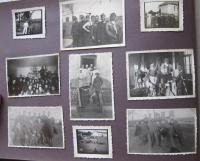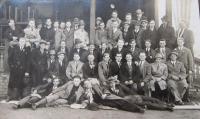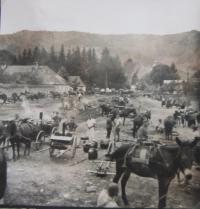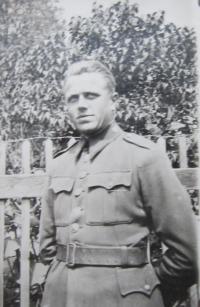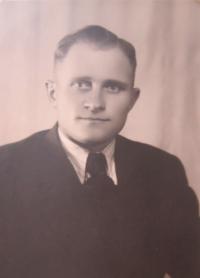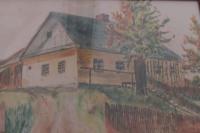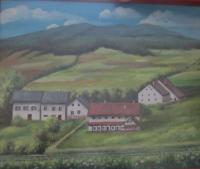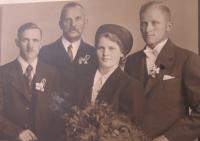They were not allowed to leave
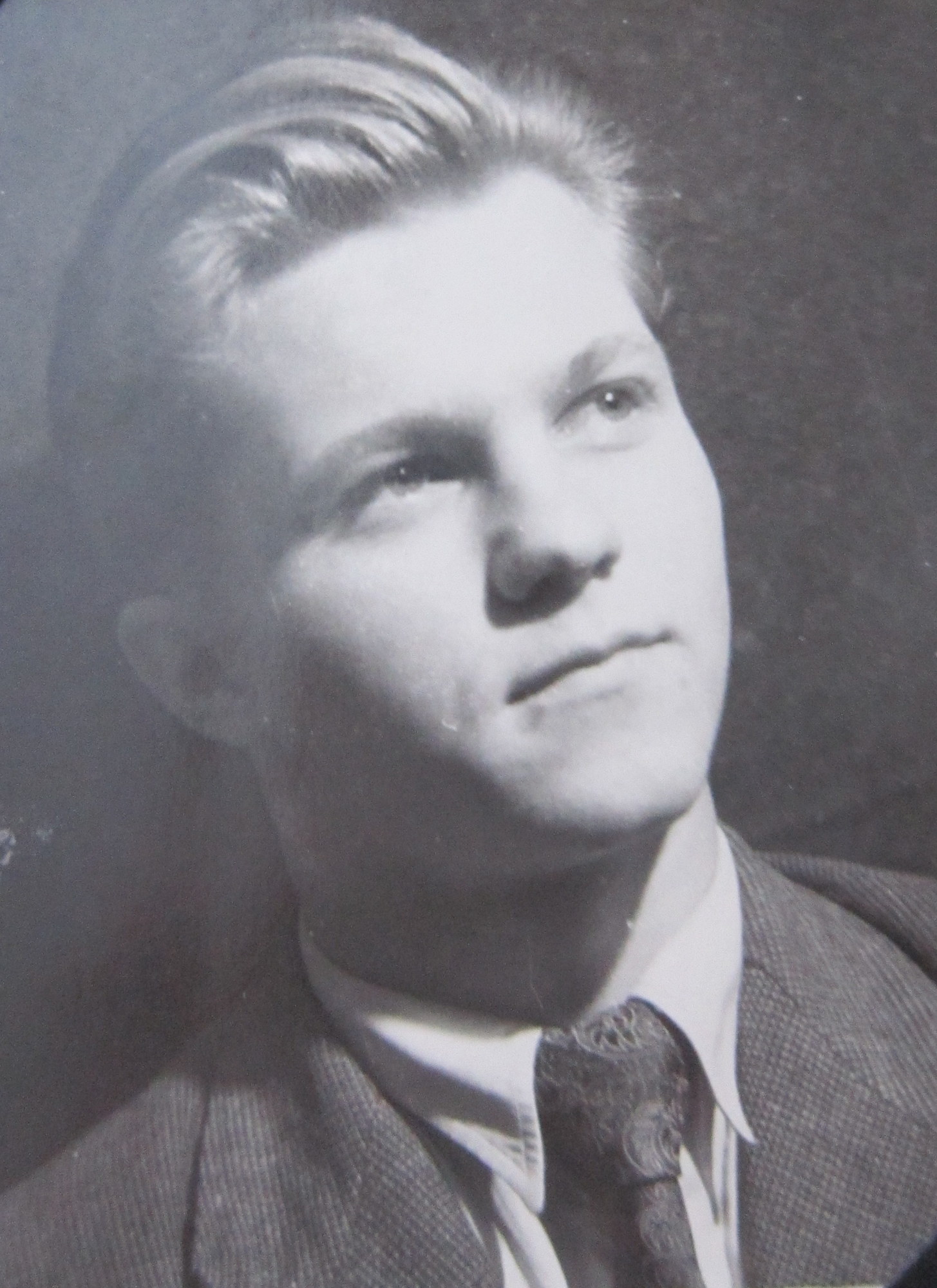
Download image
Alfred Heinisch was born in 1933 in Rýmařov (Römerstadt in German) and just like the vast majority of the town’s inhabitants he and his parents were German nationals. His father fought in the wehrmacht and he died in the Soviet Union in 1953 as a prisoner of war. Alfred and his mother were not included in the forced expulsion of the German population after WWII and they stayed in Rýmařov. In 1957 Alfred married German Elfride Kristen, whose family had likewise not been included in the expulsion. For several years they had to do agricultural work in Troubelice and in Nové Dvorce near Šternberk. Both repeatedly attempted to leave the country in order to be reunited with their relatives in Germany, but they were never successful, as the Czechoslovak authorities did not grant them the permission to emigrate.
